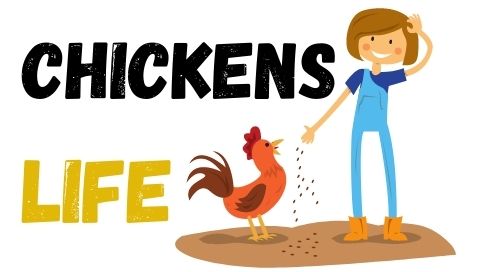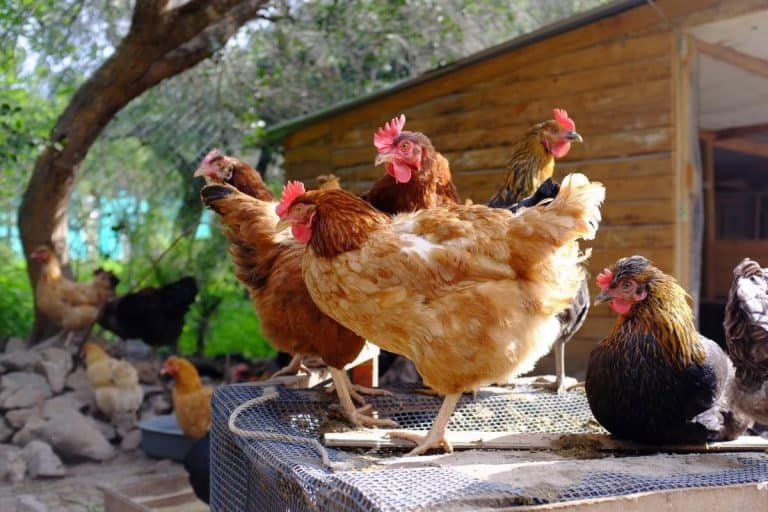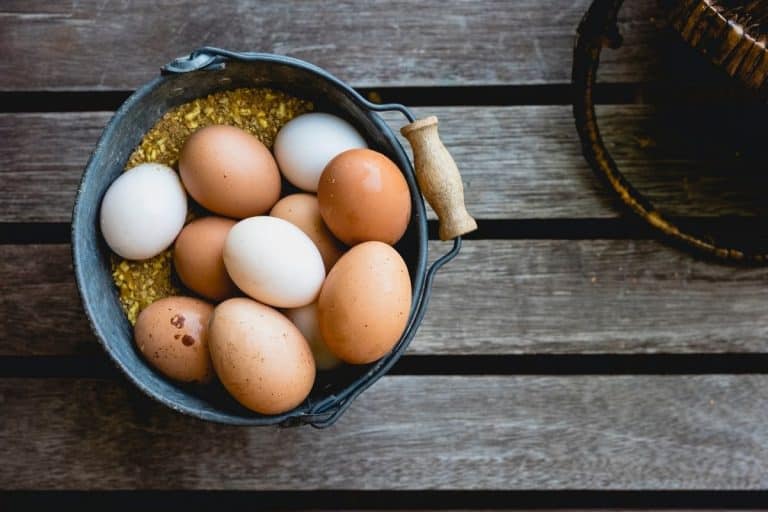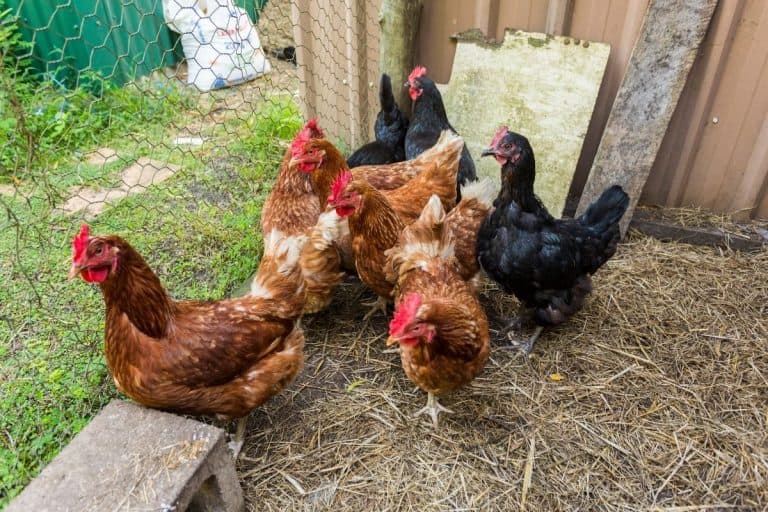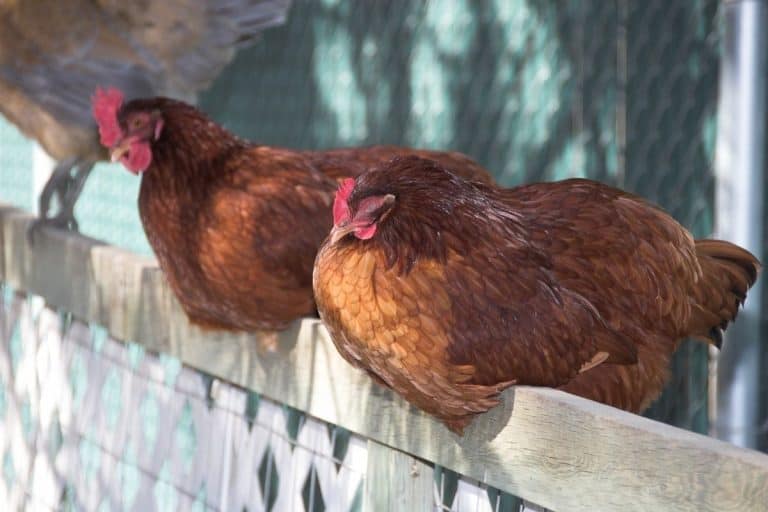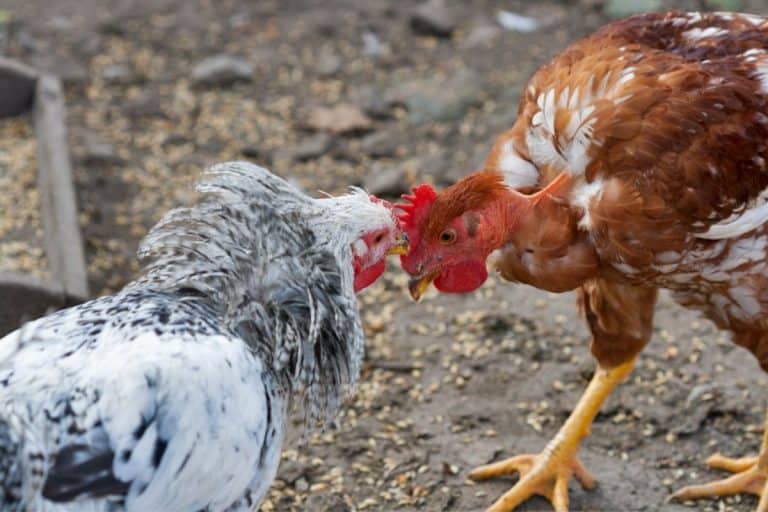Feeding Egg Shells to Chickens: Benefits and Risk
When it comes to caring for your chickens, nutrition is just as important as housing and safety. This is especially true for laying hens. Many chicken owners feed various things to their birds but know very little about them, one of which is chicken egg shells.
Overall, egg shells can be fed to chickens as they are a great source of calcium. However, they are only recommended for laying hens due to their high calcium demand. In fact, it is not necessary to give egg shells to roosters and young hens that have not yet begun laying.
Giving egg shells to chickens is just like the tip of the iceberg because there are many facts that most chicken owners are unaware of. This guide is put together by a small animal veterinarian on feeding egg shells to chickens and whether or not they are beneficial for them, so keep reading.
Hey chicken buddies: Quick heads-up before going further! I've put together a list of stuff I use and love for my flock. If you're curious about what keeps my hens happy, click here to find out.
Can You Feed Egg Shells To Chickens?
In general, every chicken can be given egg shells in their diet, but this does not indicate that every chicken should eat them.
Chicken egg shells are about 95% calcium and the remaining 5% are other nutrients such as phosphorus, magnesium, and traces of sodium, potassium, zinc, manganese, iron, and copper.
I would recommend feeding egg shells to hens who are laying. Roosters, young chickens, and hens that have not yet started laying shouldn’t be fed egg shells because their dietary calcium demand is less, and overfeeding calcium sources can lead to health issues.
Wait, I have some recommendations for you!
Before you go any further, I want you to take a look at some of the recommendations I've handpicked for you. I think these are essential items you should have for your chickens flock. You can check them out and buy them directly from Amazon.
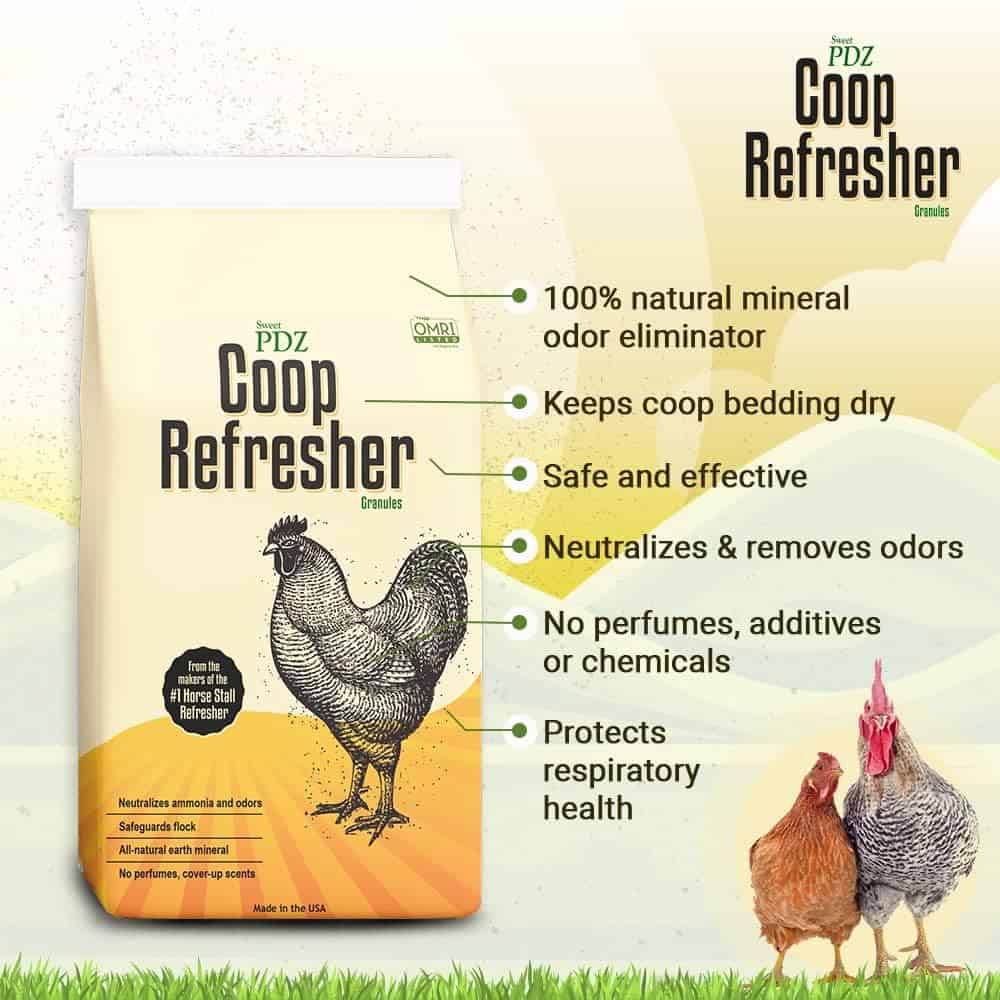 | 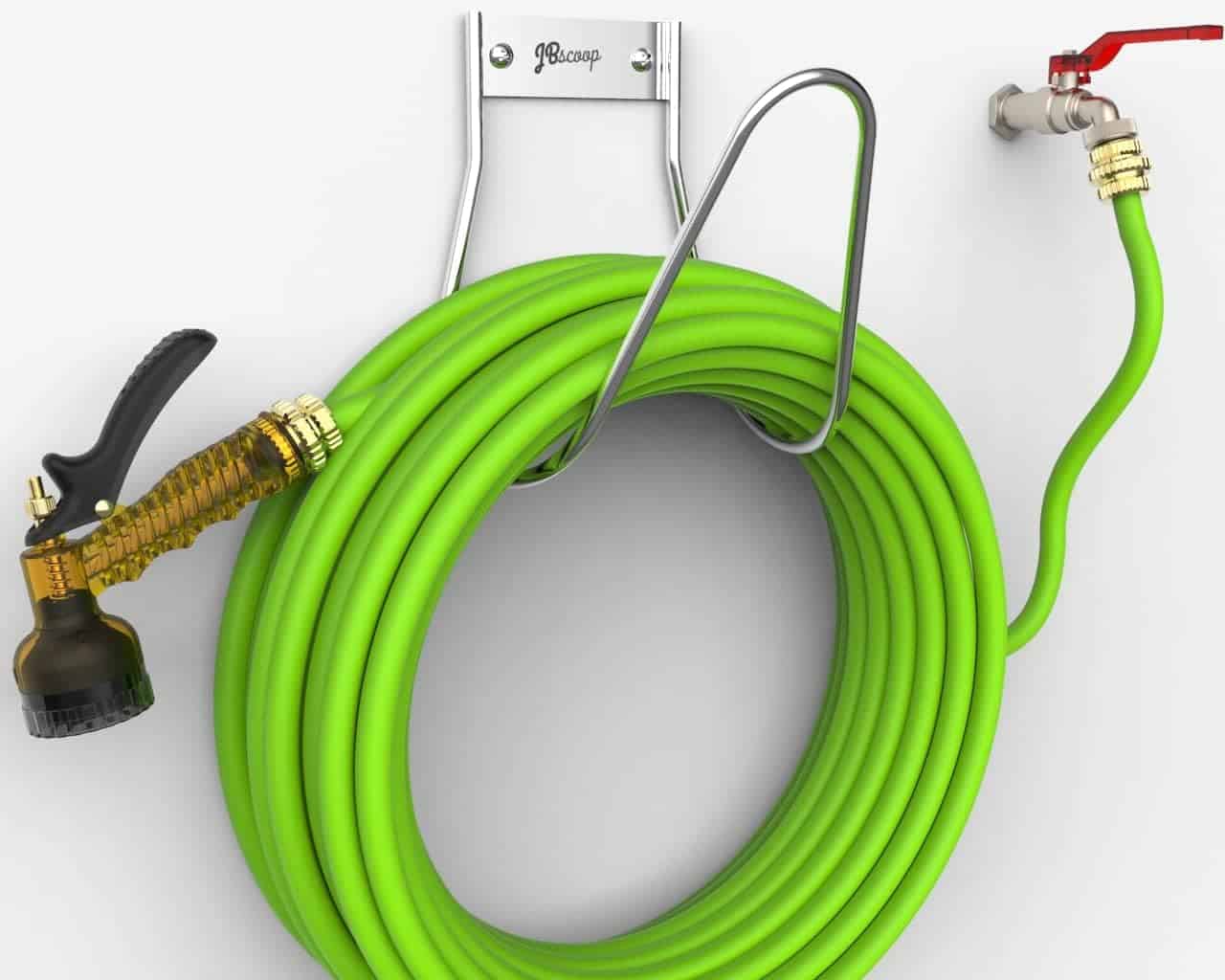 | 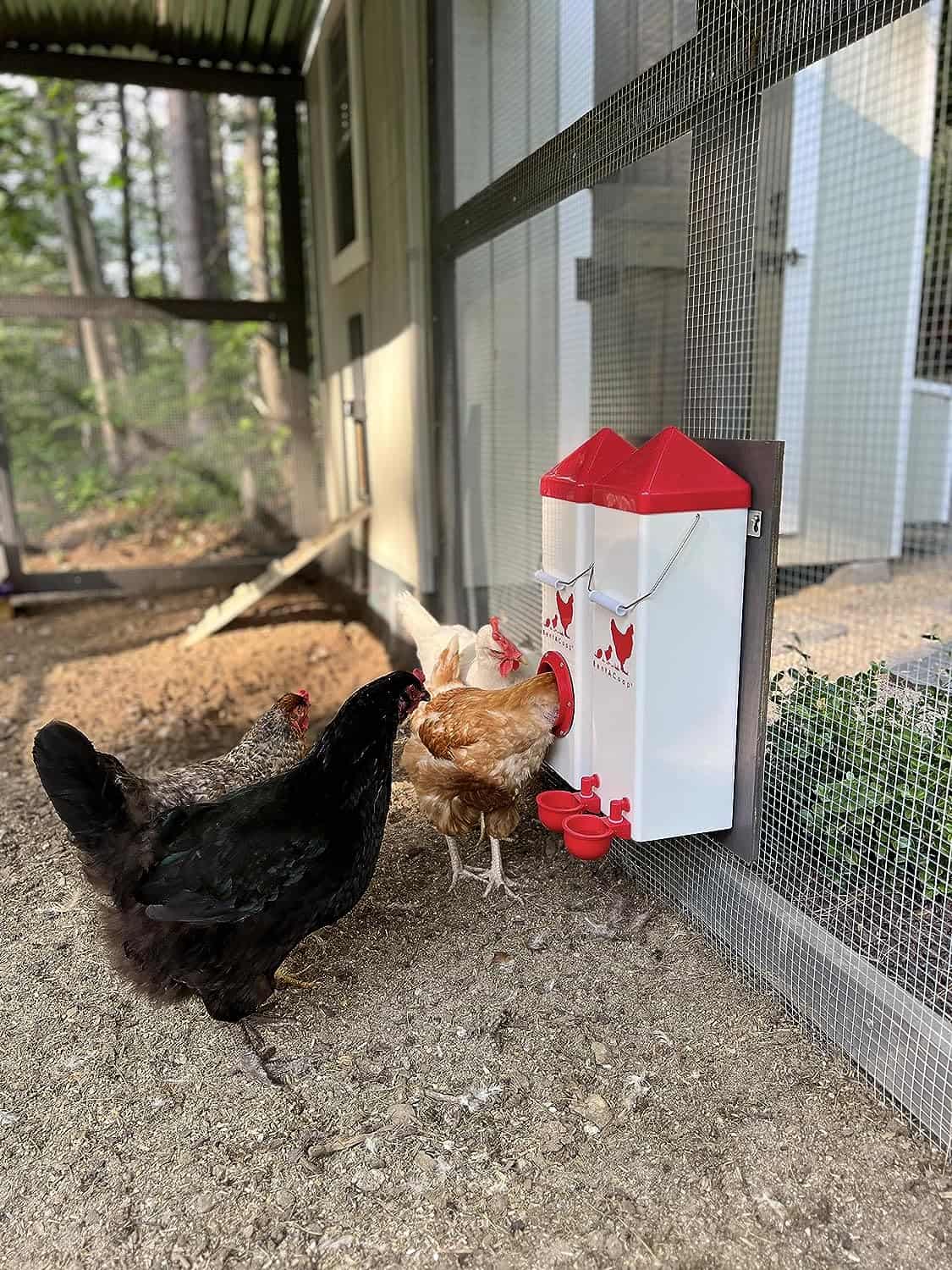 | 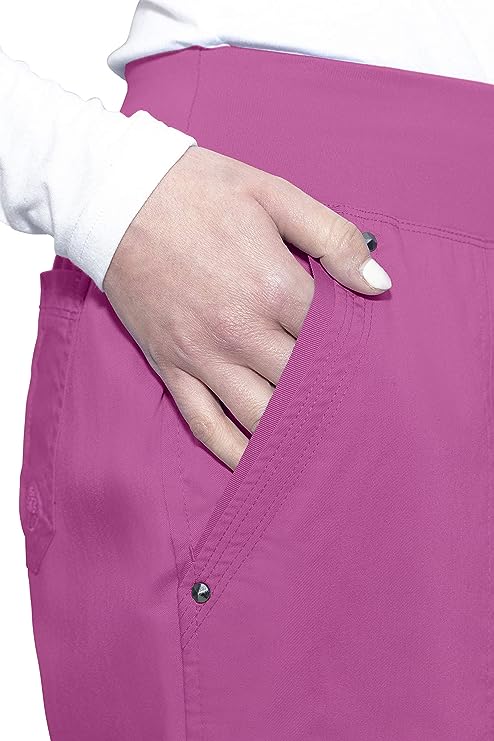 |
| Essential accessory for your coop | No more tripping over hoses! | Predator protection made easy | Comfort + style is possible |
Is It Good For Chickens To Eat Egg Shells?
Offering egg shells to laying hens is good for them because they need high amounts of calcium in their diet so they can support bones and egg shell development in their body.
If the diet of a laying hen lacks calcium it will lay soft shell eggs and sometimes there will be no shell at all and the egg will only be covered by a soft inner membrane only.
Many people have a misconception that feeding eggshells to hens will lead them to eat their own eggs but this is not entirely true. In fact, it is the opposite.

A poultry farmer with over 12 years of experience with chickens states that “If the hens are given egg shells and their dietary calcium requirement is full-filled, they will not have the urge to consume the shells of their own eggs”.
Chickens do not need extra calcium in the form of egg shells until they begin laying and they typically start laying between 18-22 weeks old.
Are There Any Risks Of Giving Egg Shells To Chickens?
There are a few risks involved with feeding egg shells to chickens which include the following:
1. Infections
Infections usually occur when you feed egg shells of store-bought eggs or the ones from the hens of a friend or neighbor.
Because those egg shells might contain bacteria or parasites that your hen’s body might not be used to and this will lead to infections.
I never recommended giving egg shells of store-bought eggs to your chickens because that way you might introduce your flock to new bacteria, viruses, or other parasites.
2. Calcium toxicity
Apart from laying hens, the rest of the chickens such as roosters, young chicks, and non-laying hens have limited calcium requirements.
Feeding them egg shells in high quantities can cause calcium toxicity in these birds. Calcium deposits will start to form in the organs, joints, and urinary tract of your chickens. They may also suffer from convulsions.
3. Premature egg production
Young hens that are not fully mature and their reproductive tract is underdeveloped, if they are exposed to supplemental calcium from egg shells, they may start premature egg production.
This is a very serious condition and can result in vent prolapse and your hen may get egg-bound (egg stuck in the reproductive tract).
4. Choking
It is very rare yet can happen if you offer large eggshell pieces to your chickens and don’t pulverize them properly.
Most of the time chickens use their beak to break the eggshell into tiny pieces but it is still a risk, especially for younger chickens.
How To Prepare Egg Shells If You Want To Feed Them To Your Chickens?
Giving eggshells to chickens is not as straightforward a process as you might think. Just breaking the egg shell and tossing it into a pan and throwing the eggshell to the chickens, is not how it is done.
There are a few steps you must follow to prepare egg shells the right way ensuring the good health and safety of your chickens.

Washing:
Firstly collect all the egg shells in a basket. Rinse the egg shells with lukewarm water to remove any feathers, debris, dirt, or poop. Once the egg shells are thoroughly washed we can move on to the next step.
Remove the inner membrane:
While washing the egg shells also remove the thin inner membrane which is stuck to the inside of the egg shell. However, this step is optional but I recommend doing it because if the membrane is removed the egg shells get crushed more easily and into fine pieces.
Sterilization:
This step is also optional but many people like to do it to ensure the utmost safety of their chickens.
After washing and removing the membrane many people like to bake the egg shells in an oven or boil them. This helps kill all the germs present on the surface of the shell.
Drying:
After washing the egg shells, if you are not going for sterilization in the oven you can simply let them dry on a paper towel. After drying, put them in a bowl and leave them on the kitchen counter for a few days so they become brittle, usually for 2 to 3 days.
However, if you want to speed up the process you can take the help of an oven. Put the egg shells on a cookie sheet and throw them into the oven at 200 °F for 15 to 30 minutes. They will get dried out completely and become brittle at the same time.
Pulverization:
Once the egg shells are brittle and dry you can crush them into very tiny pieces (1/2″ sized) with the help of your fingers in a bowl or you can use a pestle for the job.
But make sure to not turn egg shells into a powder rather keep them as fine pieces which chicken can easily consume.
By turning the egg shells into tiny pieces, the chickens will not realize they are eating egg shells, and they will not get used to consuming their own eggs.
Storage:
Once the egg shells have been broken down into fine pieces you can store them in a store-bought canister or mason jar.
You can store them anywhere and storing them in a fridge is not necessary as they don’t go bad. Just leave them at room temperature or somewhere in your kitchen or chicken coop along with the chicken feed.
How To Offer Egg Shells To Chickens?
Apart from preparing eggshells for chickens, you must also know how to feed them the right way because it is very important. As already mentioned egg shells are a type of calcium supplement for the chickens and all chickens don’t need it.
Some people like to mix egg shells into chicken feed, but this is totally wrong and should be prohibited. Because every chicken will eat egg shells whether they want it or not when they consume feed.
Egg shells should be offered as a free choice to the chickens so that the hens can eat as much as they like while the pullets and roosters do not.
Egg shells should be kept in a separate container and should never be mixed with feed. One important thing to remember is that if you are already feeding your chickens egg shells, you should never give them any additional calcium supplements since too much calcium will result in calcium intoxication.
Does Microwaving Egg Shells Beneficial For Chickens?
In general, baking egg shells in the microwave is an optional step, but it will help them dry and get brittle more quickly, and you won’t have to wait for 2 to 3 days. The heat from the microwave also helps sanitize the surface of egg shells from any kind of germs.
Do Chickens Eat Their Egg Shells In Nature?
Chickens do consume their egg shells in the wild, and it is totally normal for them to do so. They usually do not do it on purpose, but if their diet is low in calcium and there is no other source available, they may begin eating their eggs and eggshells.
Because egg shells are a waste and we don’t utilize them, it is best to offer them to our hens as a natural source of calcium with excellent bioavailability.
Best Alternatives To Feeding Egg Shells To Chickens
Following are some of the best alternatives to feeding egg shells to chickens:
Natural greens:
Apart from egg shells, leafy green veggies are ideal sources of calcium for chickens such as spinach, turnip greens, mustard greens, collard greens, and bok choy. Chickens love munching on these and they also provide them plenty of other nutrients as well.
Insects:
Chickens love to eat insects and they are a great natural source of calcium for your birds. calciworms are one of the insects that are abundant in calcium.
Grit:
Chickens consume girt (small stones and hard particles) to help them digest their food. Some sources of grit also contain calcium.
Oyster shells:
These are a great option for offering calcium to chickens and are available commercially.
Sea shells:
You can collect sea shells and break them into tiny pieces to offer to your chickens they also contain calcium.
Crushed limestone:
It is a good source of calcium for chickens and many hens like consuming it.
Essential Tools for Chicken Owners
Check my curated list of essential products!
I’ve gathered all the best products that have helped me with raising my chickens, so you don’t waste time on bad ones.
Find my complete list of recommendations here.
For more tips, guides, and recommendations, you should definitely subscribe to my newsletter.
Use the form below, it’s free.

